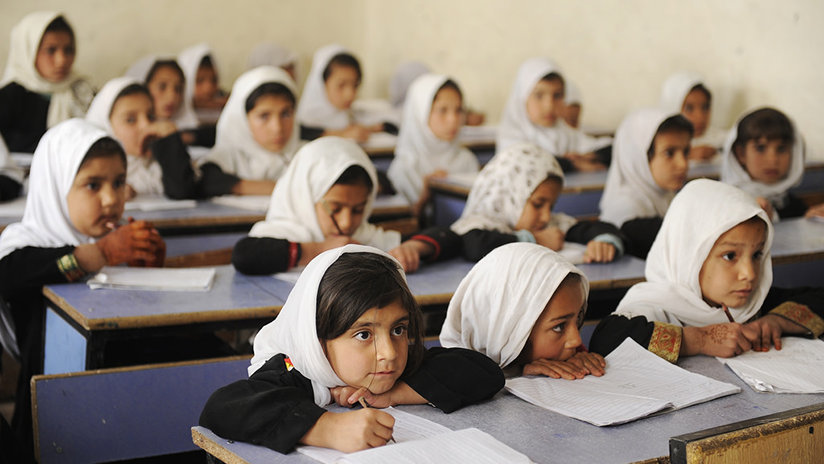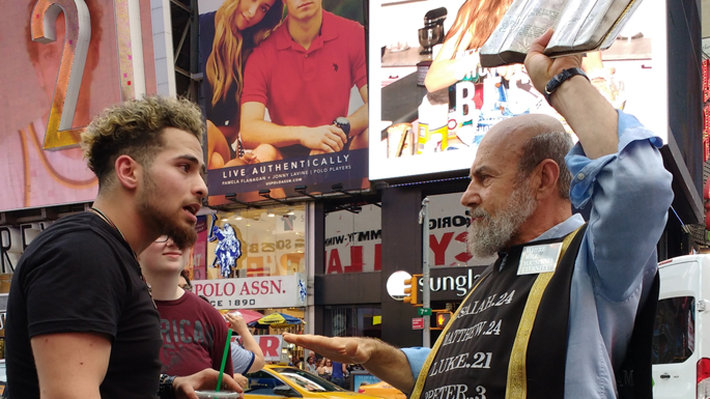
-
HOME
-
WHAT IS STANDOur Mission Our Values Our Help Contact
-
WHAT WE FIGHT FORReligious Freedom Religious Literacy Equality & Human Rights Inclusion & Respect Free Speech Responsible Journalism Corporate Accountability
-
RESOURCESExpert Studies Landmark Decisions White Papers FAQs David Miscavige Religious Freedom Resource Center Freedom of Religion & Human Rights Topic Index Priest-Penitent Privilege Islamophobia
-
HATE MONITORBiased Media Propagandists Hatemongers False Experts Hate Monitor Blog
-
NEWSROOMNews Media Watch Videos Blog
-
TAKE ACTIONCombat Hate & Discrimination Champion Freedom of Religion Demand Accountability
Should We Be Teaching About Religions in School?
I have always been fascinated with the diversity of our world’s religions. I’ve been fortunate enough to travel all over the world and step inside Christian cathedrals, Jewish, Buddhist and Hindu temples, Muslim mosques, Baha’i centers, and of course many Churches of Scientology. The rituals and rites of thousands of years can be seen in ornate carvings, breathtaking paintings and lifelike sculptures, telling stories of faith and understanding that create the foundation on which cultures and empires have been built throughout the centuries.
It’s with this lifelong appreciation that I read with interest a recent opinion piece from a diverse group of religious leaders in Minnesota urging administrators to teach about religions as a part of their local schools’ curriculum.

As the article states so well, “Learning about different faiths and how they are practiced is a critical part of preparing our children to navigate life as citizens of a country founded with an emphasis on religious freedom and pluralism.”
I think about my own journey as a young Christian and how much benefit I received from my faith and my church community. I think about my discovery of Scientology and in particular the fact that I’d never been taught anything about it in the course of my formal education. It took an intense personal curiosity and a lifelong search for “something more” for me to really dig into what Scientology was about and what it stood for.
“Learning about different faiths and how they are practiced is a critical part of preparing our children to navigate life.”
I know so many people, and especially young students, who have that same level of intense curiosity for new ideas and new ways of seeing the world.
Religious belief is a deeply personal experience for each individual. What might be right for one person might not be for someone else. Only through openly communicating about and exploring the incredible depth and breadth of the world’s religions can we expect to foster a culture of tolerance and true religious freedom.
I find this especially important because in all my travels, the thing I discovered and rediscovered again and again is that all the world’s major religions have more in common than most people realize—an awareness that we are not simply bodies but immortal spiritual beings; that love and kindness will elevate us and each other far higher than violence or hate; and that a strong sense of faith is only enhanced by an awareness of other viewpoints and beliefs, not diminished or weakened by them.
I applaud the efforts of the authors of the article to promote a sincere, academic study of all religions—which does, indeed, result in more well-rounded, empathetic individuals who appreciate what faith can mean in someone’s life.









